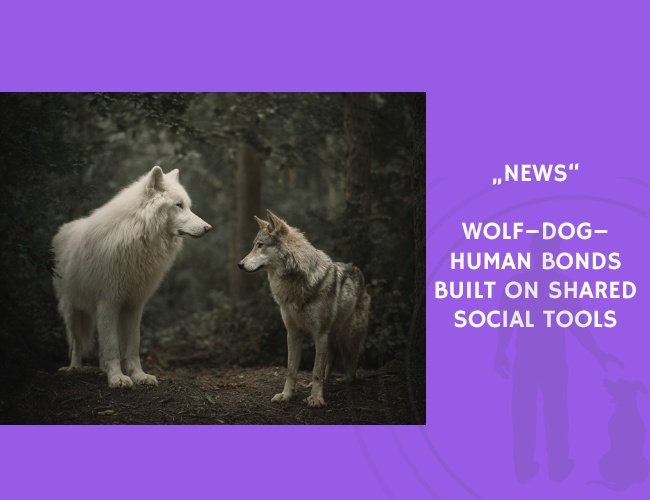Humans and dogs share a unique partnership that traces back to the Palaeolithic era, when early humans and wolves formed cooperative hunting alliances. Over thousands of years, these collaborations selected for tamer wolves, ultimately giving rise to domestic dogs. According to a 2023 review in Animals, this history is rooted in a shared “social toolbox”—a set of neurobiological and physiological mechanisms that regulate emotions, stress, and cooperation across species.
The study by Kurt Kotrschal emphasizes that both wolves and humans were hypercursorial hunters, living in highly cooperative clans. These eco-social parallels fostered the development of similar social minds, which were further refined in domestic dogs. Today, this evolutionary legacy manifests in dogs’ ability to engage deeply with humans, relying on leadership that is cooperative, empathic, and socially responsive.
The review also challenges the negative view of anthropomorphism. Applying informed empathy to dogs—understanding their needs through a human lens—can strengthen relationships and improve welfare. Far from being misguided, this approach acknowledges the socio-cognitive similarities between humans and dogs and provides a foundation for mutual wellbeing.
Ultimately, the research concludes that satisfying dogs’ social needs is just as crucial as meeting their physical ones. When humans act as empathic leaders, they create a partnership based on trust and cooperation, benefiting both canine and human wellbeing.
Source: Kotrschal, K. (2023). Wolf–Dog–Human: Companionship Based on Common Social Tools. Animals, 13. Journal: Animals. Author: Kurt Kotrschal.










